OPCW whistleblower privately praised for exposing doctored Syria report: Docs
An investigative report shows how a senior expert with the UN chemical watchdog -- who blew the whistle on its doctoring a report about Syria -- was privately praised by the body’s directors, who nonetheless failed to raise alarm about the fraud for political reasons.
In July 2018, the Organization for the Prohibition of Chemical Weapons (OPCW), as the watchdog is officially known, released a report alleging that Syria had conducted a chemical attack against Douma, one of its southwestern towns. This September, Grayzone – an independent and reputable investigative news website – revealed how the report that was seeking to justify earlier Western missile attacks on the Arab country was issued after the OPCW heavily manipulated an original one.
The original report that had been compiled by Dr. Brendan Whelan, a 16-year OPCW veteran, had cleared the Syrian government of any role in the Douma attack. Whelan found out about the manipulation, but was publicly rebuffed by the organization’s senior officials. On Monday, Grayzone showed he earned praise for his integrity and courage in exposing the shenanigans.
“[Y]ou took all the steps to maintain your moral and professional integrity and that’s what matters most,” one OPCW director told him in an email found by the website.
“You produced a lot of knowledge and unselfishly shared every bit of what you know with others, enthusiastically. I thank you very much for this,” another wrote to him.
“I want to commend you as well for your character and strong values, which have stood firm at times when it would have been easier to simply ‘let it go’ without fighting for what you believed was right,” the second director noted. “Thank you for everything, it will be difficult to replace you…,” he added.
One OPCW official, who also praised Whelan, however, feared that release of the original report would be helping the “Russian narrative.” According to Grayzone, this is “a tacit admission that the organization’s independence and impartiality have become subordinate to geopolitics.”
The Douma attack came when the Syrian army was about to win the battle against foreign-backed militants there. The Western strikes that followed it, saw the United States, Britain, and France launching coordinated missile attacks against sites and research facilities near the Syrian capital Damascus and the western Syrian city of Homs.
The Western allies claimed at the time that the operation had sought to paralyze, what they called, the Syrian government’s capability to produce chemicals.
The Syrian government surrendered its stockpiles of chemical weapons to a joint mission led by the UN and the OPCW in 2014.
VIDEO | Rome, Milan host new protests in solidarity with Palestinians
Dec. 21: ‘Axis of Resistance’ operations against Israeli occupation
Spain jurists demand ties with Israel ties be cut
VIDEO | Press TV's news headlines
VIDEO | Iran honors top Science Olympiad medalists
VIDEO | Austrians arrested at Gaza protest in Vienna
10 killed in bus crash in western Iran
VIDEO | One-man-band journalism with Civili


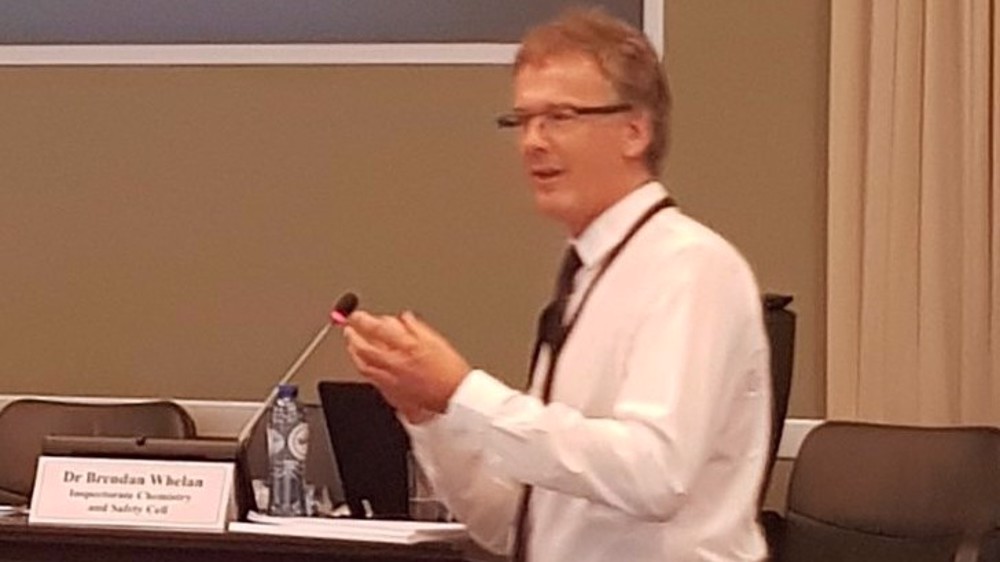

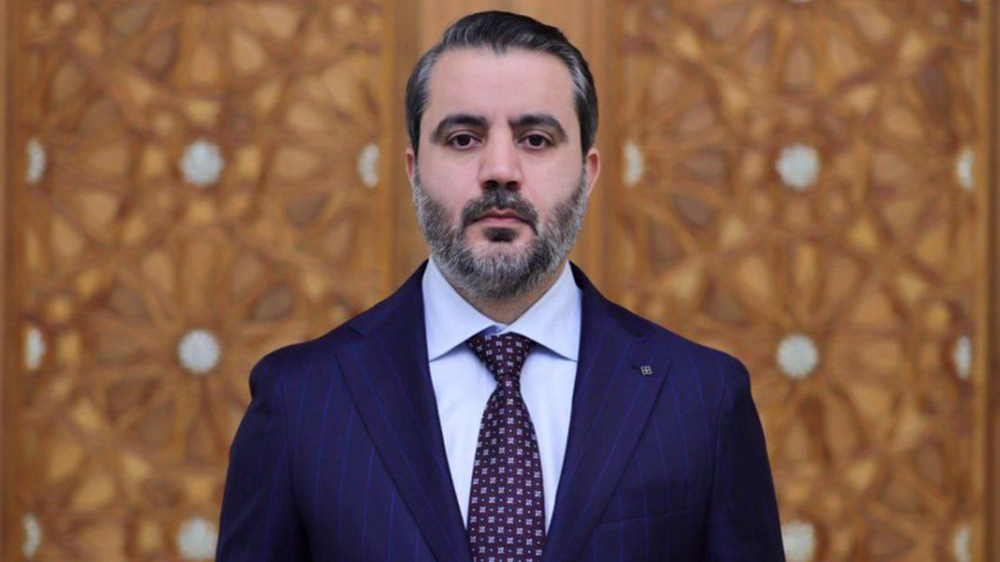

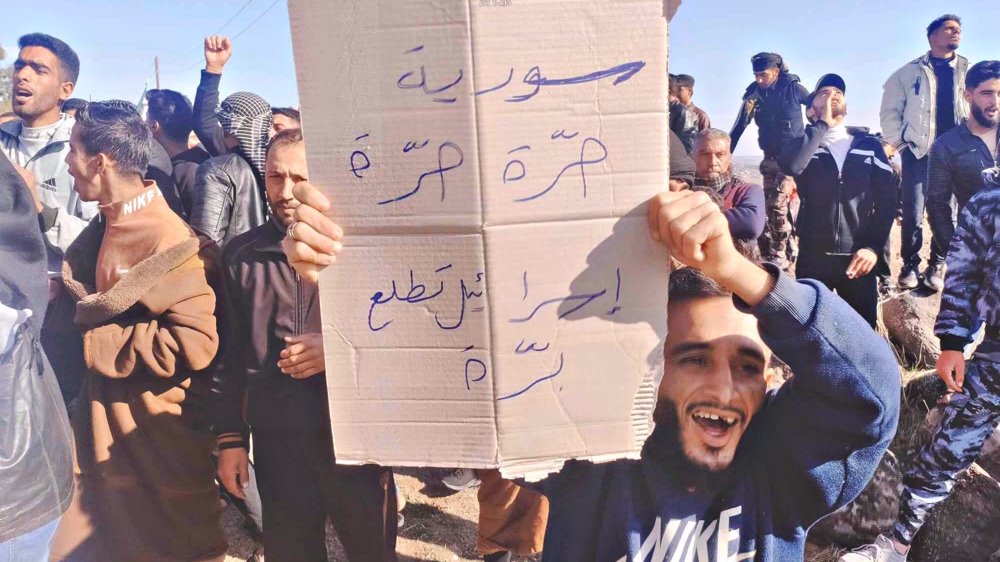



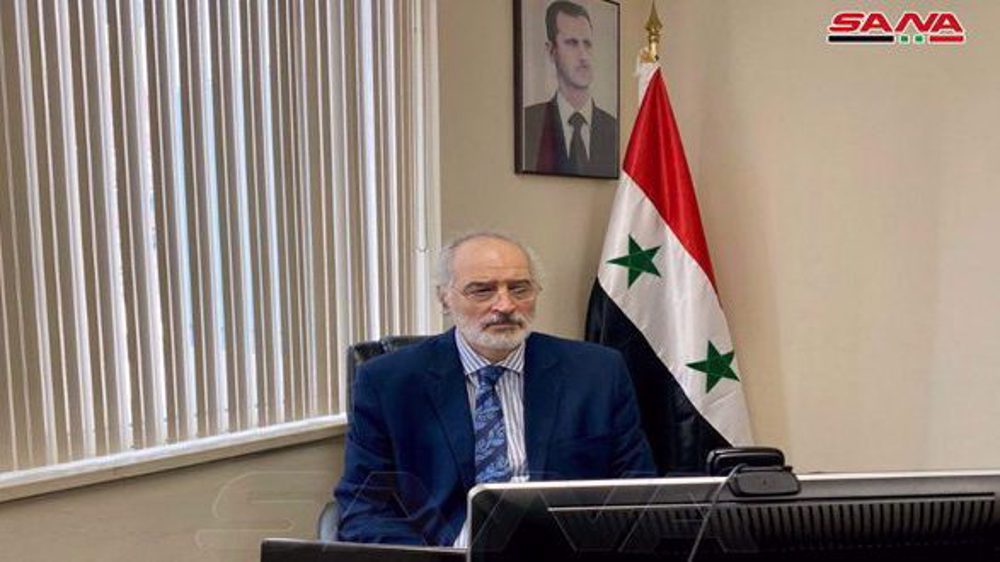

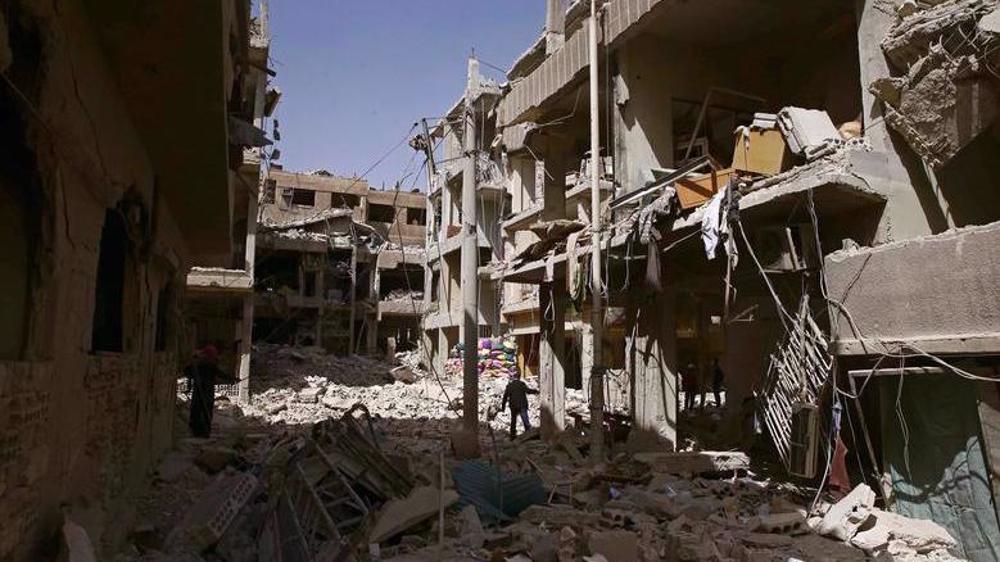

 This makes it easy to access the Press TV website
This makes it easy to access the Press TV website